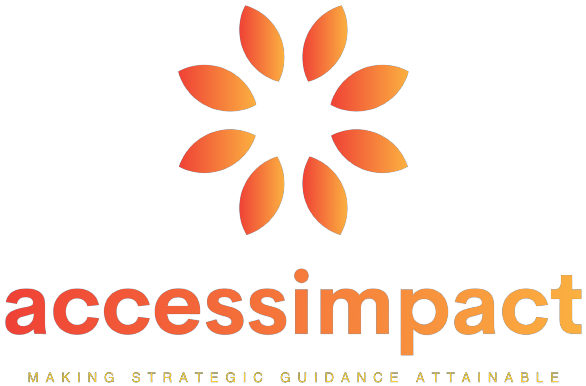I’ve been thinking a lot about leadership lately; what it is, how people experience leadership; how executives lead.
I’ve spent years advising organizations on how to have more impact in their communities through their programs and services, but one of the biggest challenges I’ve noticed in the social sector which impedes deeper impact seems to come down to leadership. And no, I don’t just mean the Executive Team. I mean – there seems to be a general lack of leadership within organizations, from the top to the bottom. This lack of leadership leads to stagnation. It leads to distrust within the organization. It ultimately prevents the organization from deeper innovation and in turn, deeper and more impactful change within their communities. The ingredient that is missing? Collaboration.
See, collaboration is not just a tool for individual departments within an organization to brainstorm and implement ideas. Using collaboration in such discrete ways leads to inevitable siloes. Instead, collaboration is a tool for an entire organization to make inclusive decisions and engage in a shared leadership model. It’s a way of transforming your organizational culture from the inside out.
When I mention shared leadership in rooms with executives, I immediately see worry come across their faces. But I’m not actually talking about dismantling hierarchy or removing titles; I’m talking about creating a new paradigm within organizational structures that welcomes and encourages transparent decision making and shared ownership of ideas. It is an inclusive model that creates the conditions for everyone within an organization, no matter how long or short their resume, to practice leading, to take ownership of the work, to make decisions. It also means focusing on external collaboration as well, removing traditional forms of competition in favor of systems-change work within communities. Because, are we really working toward social change if we are in competition with our partners and peer organizations? Are we really trying to improve conditions for justice and inclusion in our society if we are perpetuating these traditional ideals as an organization?
Our framework is simple. Collaboration both improves success and inclusion within organizations, and it is the mechanism for systems-change within our communities.
For more information or to register for our Executive Training on Collaborative Leadership to implement these principles in your organization, follow this link: https://access-impact.ck.page/products/collaborative-leadership-training

